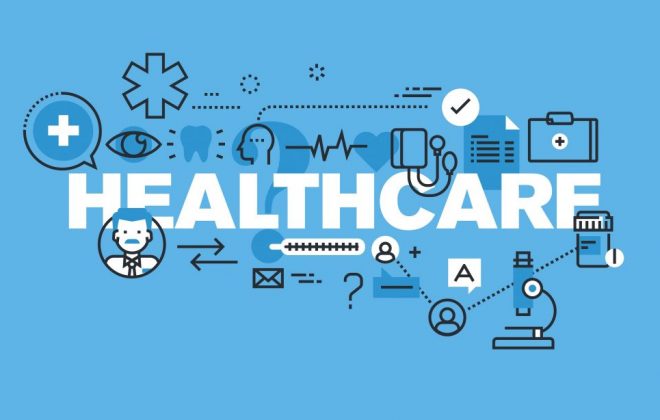What Do You Really Mean By Personalized Healthcare?
With the dawn of the quantitative data era, it is hardly a surprise that all conversations are moving towards personalization. Whether it is our banking or our retail experience, every industry is looking at proving personalization because a ‘one-size-fits-all’ approach just doesn’t make the cut anymore. The healthcare industry is also moving in that direction…a natural progression that has evolved owing to growing patient experiences, the consumerization of healthcare, and the need to provide more accurate solutions to survive in the competitive battlefield.
But what exactly do we mean when we say “Personalized Healthcare’? Because more often than not, personalized healthcare and personalized medicine are being used as interchangeable terms. Personalized medicine is the application of genetics and genomics to guide medical therapy. Personalized healthcare, on the other hand, is a much broader concept. It also includes genetics and genomics but also includes the use of other biological and patient data that makes the entire healthcare ecosystem more efficient. This helps in better disease management and help patients become more involved in their own care. This personalization of healthcare signals a shift in the manner that healthcare has been disseminated over time and puts the patient in the heart of the healthcare ecosystem.
Creating a value consistent healthcare model
Most existing healthcare environments have to navigate the challenge of inefficiencies of delivery and cost that lie in this environment. These ecosystems are designed more in a disease-directed rather than a health and wellness directed format and are also very expensive. So, a patient gets sick, goes to the doctor, gets treated and gets back.
However, now the focus is more on disease prevention and addressing the costs associated with healthcare. Personalization of healthcare means creating integrated health systems that focus on quality, cost containment, and patient satisfaction by taking a proactive approach to healthcare. A proactive approach works better because care, then, is not only of better quality but comes at a less expensive cost.
Effective treatment plans
Personalized healthcare creates a healthcare ecosystem that is inherently interconnected and driven by technology, especially data. Patient data is a goldmine of information that can be used to improve patient outcomes, improve the quality of care and contain costs. Using tools of personalized healthcare such as genomics, genetics, molecular biology, etc. and also leveraging the patient data at hand, healthcare providers can move away from the trial-and-error approach in disease treatment and management. Treatment decisions based on clean patient data can improve treatment plans by helping doctors assess drug effectiveness, and understand disease progression. It also helps in improving the patient’s adherence to drug and health and wellness regimes by sending out timely reminders and setting alters in case of inconsistencies.
Getting people involved in their own care process
With personalized healthcare, healthcare takes a more ‘on demand’ approach. In a personalized healthcare environment, all patient-related data is such as patient records, X-Rays, lab reports, DNA sequences etc. are all stored in a central data repository. Such an optimized healthcare environment can also record patient data from health care apps and can easily send out personalized messages and information to help them become more committed to their own health. Since people have access to more information than ever before and the rise of the on-demand economy, they are becoming more educated about their healthcare than ever before.
Creating personalized pipelines
Personalized healthcare is also about creating a personalized pipeline and create tailored treatment options based on patient data. This helps in addressing the serious and unmet patient requirements at the right time. It also becomes possible to create future-focused investigative therapies, identify relevant biomarkers for disease prevention early, and tailor medical treatment to the specific characteristics of each patient. Classifying patients into the right subpopulations based on their uniqueness or disproportionate susceptibility to a particular disease or responsiveness to a specific treatment to customize healthcare options is possible with personalized healthcare.
Personalized healthcare is all about creating an integrated approach to healthcare. It is about creating interoperability between systems and departments so that all the stakeholders of healthcare can drive productivity and weed out inefficiencies that impede patent care. It facilitates the creation of customized treatment plans that lead to better patient outcomes, and help in delivering elevated patient experiences at a lower cost and ultimately also drive profitability.



